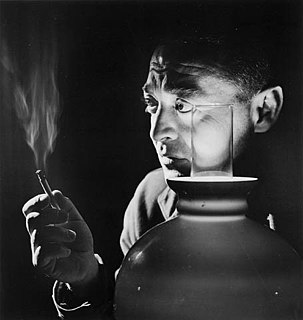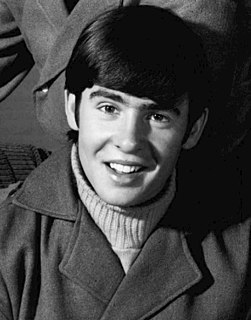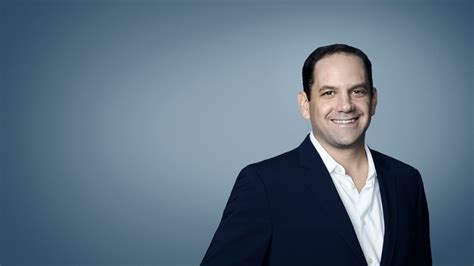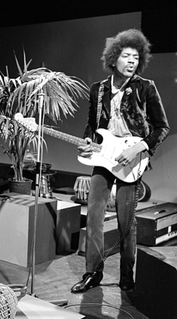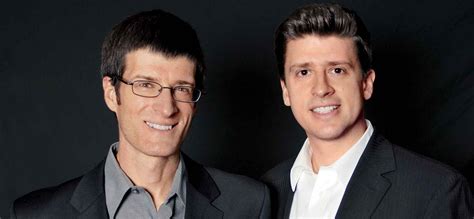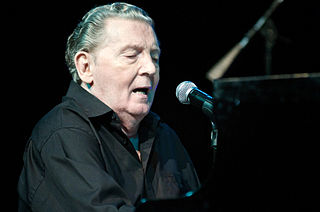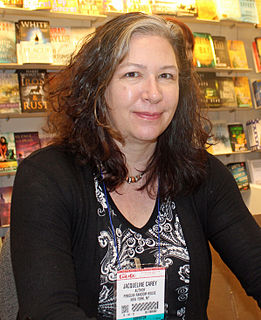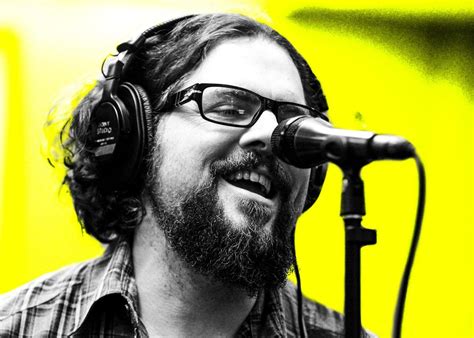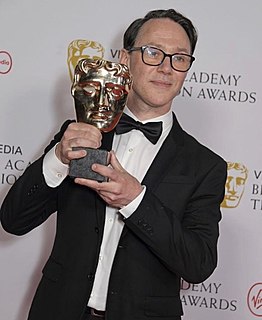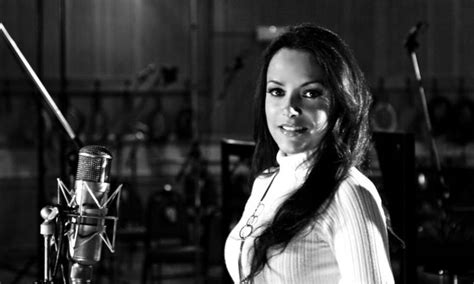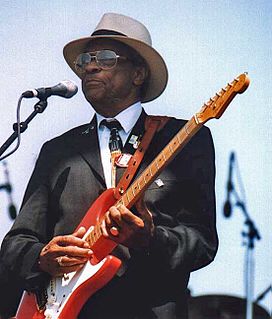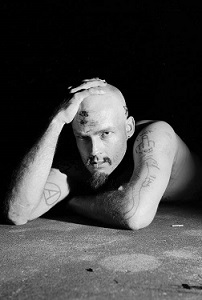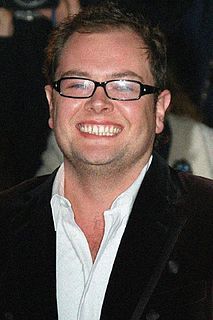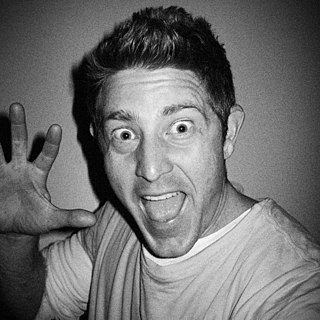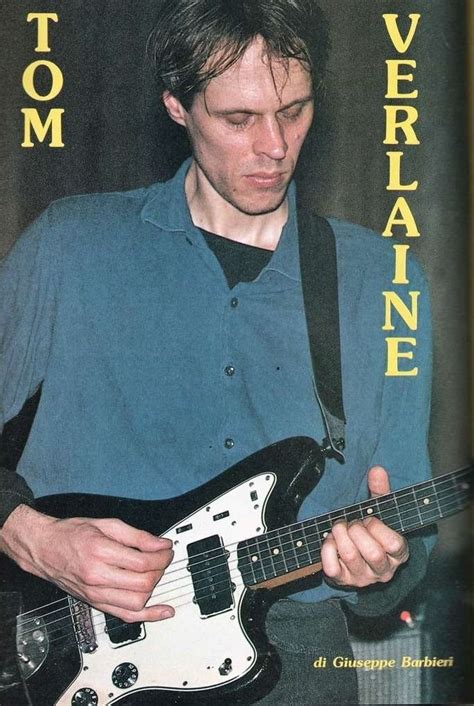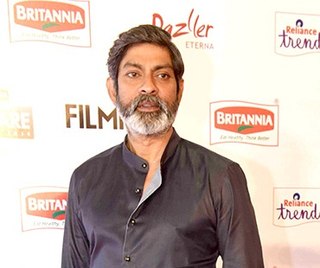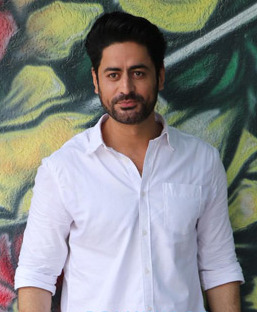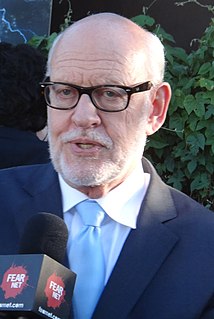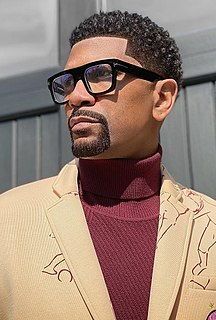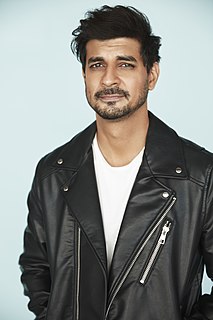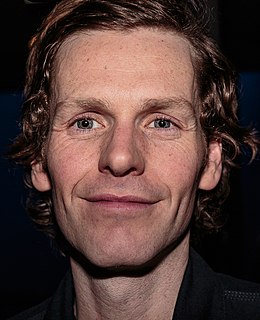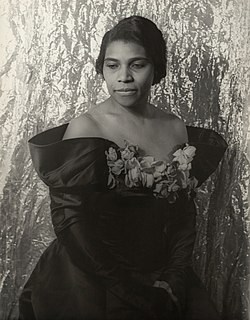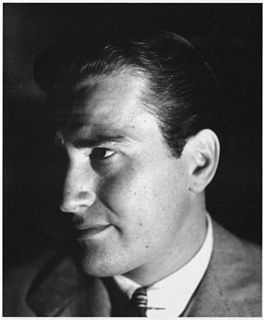Top 1200 Audience Of One Quotes & Sayings - Page 15
Explore popular Audience Of One quotes.
Last updated on April 20, 2025.
With theatre, you can interpret the most complex play on stage for it have meaning to an audience because you're dealing in images, you're dealing in action, you can use different idioms to interpret and clarify something which is obscured in the reading and of course there are different kinds of play, there are mythological plays, there are what I call the dramatic sketches, direct political theatre which is virtually everybody, but I find that you can use the stage as a social vehicle, you know, which any kind of audience.
Carrie was a terrific piece of work. At the end of the movie comes, when Amy Irving kneels down to put the flowers on Carrie's grave, a hand comes up through the grave and seizes her by the arm. The audience went to the roof, totally to the roof. It was just the most amazing reaction. And I thought, 'We have a monster hit on our hands. Brian De Palma has done something new. He's actually created a shock ending that shocks an audience that was ready for a horror film.' And there were several people who did it after that.
When technology is used as a gimmick it can be a terrible distraction. The trick is to harness technology in a way that empowers the audience, informs them and brings them closer to the action. CNN has always been an innovator on election night, with the Magic Wall leading the way. Tonight, for the first time, and we're going to put the Magic Wall in the hands of our audience. Along with our partners at Microsoft, we have built a tool to let our users drill down into the key races and access a great deal of data, real time, as the results are unfolding.
.. I get more of a dreamy thing from the audience - it's more of a thing that you go up into. You get into such a pitch sometimes that you go up into another thing. You don't forget about the audience, but you forget about all the paranoia, that thing where you're saying, 'Oh gosh, I'm on stage - what am I going to do now ?' - Then you go into this other thing, and it turns out to be like almost like a play in certain ways
If you listen to the talk shows, which are rabid right-wing, and very interesting, an important fact about the United States, they reach a huge audience. And they're very uniform. So right wing, I don't think you can even find an analog in your, but they reach a mass audience, and their view is that the corporations are liberal. Their appeal to the population is, "the country is run by liberals, they own the corporations, they run the government, they own the media, and they don't care about us ordinary people."
At any given time, on our band Drive-by Truckers' shows there might be someone who's eight years old or 80 years old in the audience. Some nights there are a lot of girls in the audience, some nights not. It's so unpredictable, but I like that. A lot of Republicans come see us. I've got many friends and family that are Republicans, so our following definitely cuts across the political lines and all of that. Which puts us in the unique position of not just preaching to the converted. I respect and value that.
But live you get the chance every night to rework it and change it and hone it. But then you get the false, weird oddness of being able to look at it and say: "Well that's weird, because last night they laughed at that and yet they didn't tonight. So what did I do? Nothing was different." You have that strange thing of being able to tell within five minutes what an audience is like. Very quickly an audience gets a personality and you start to think: "What is it about you all; you all hate it, don't you?" Then you come out and have friends in and they say: "It was brilliant!"
I've always loved theatre because it's so immediate. The challenge of it is that, career wise, it's easier to get traction in the industry if you do film and TV because the audience is larger, and because the work can be seen for a longer period of time. I did solid work in a series of regional and Off-Broadway shows, but the work I did on TV or film will have a longer life with a larger audience (and with services like Netflix). Ultimately, there's something intimate about TV, because the storytelling and the actors come home with the viewer. It can be powerful because of that.
(Five) thinkers since Galileo, each informing his successor of what discoveries his own lifetime had seen achieved, might have passed the torch of science into our hands as we sit here in this room. Indeed, for the matter of that, an audience much smaller than the present one, an audience of some 5 or 6 score people, if each person in it could speak for his own generation, would carry us away to the black unknown of the human species, to days without a document or monument to tell their tale.
I fell in love with the classical crossover genre when I was on AGT. I found out that I could use the microphone to establish a deeper intimacy with the audience. I did not portray an opera character; I was my true self. I would sing a four-to-five minute piece for the audience and then I could talk to them and say "Hi" to them! I would not need to act out scenes where my character was dying from tuberculosis or killing somebody else on stage, I could have a nice conversation with them.
Science and technology were often used by [the magician of old], even before they came into the marketplace on a mass basis. For example, prior to the moving picture going into theatre, magicians were using the technique of images in motion as illusions in their shows. At that time the process was so new, an audience perceived it as magic. Also in the early stages of holograms magicians would use these images to baffle and mystify their fans. Hence, you always need to stay one step ahead of the technology game to "WOW" the audience.
Writers are egotists. All artists are. They can’t be altruists and get their work done. And writers love to whine about the Solitude of the Author’s Life, and lock themselves into cork-lined rooms or droop around in bars in order to whine better. But although most writing is done in solitude, I believe that it is done, like all the arts, for an audience. That is to say, with an audience. All the arts are performance arts, only some of them are sneakier about it than others.
Regarding pushing the form, ideas interest me more than form. I think you can write a very subversive play in a three-act structure. The content makes the play. I feel the form is simply dressing, because ultimately, you want to communicate to the audience, and sometimes the best way to do that is to present a provocative idea in a format that is comfortable for them to receive. Then the idea will come through directly, right in solar plexus. After all, I want to make a living as an artist, and that means speaking to the audience in a form they can understand.
Literary fiction and poetry are real marginalized right now. There's a fallacy that some of my friends sometimes fall into, the ol' "The audience is stupid. The audience only wants to go this deep. Poor us, we're marginalized because of TV, the great hypnotic blah, blah." You can sit around and have these pity parties for yourself. Of course this is bullshit. If an art form is marginalized it's because it's not speaking to people. One possible reason is that the people it's speaking to have become too stupid to appreciate it. That seems a little easy to me.
You're in a movie, so you have to think about how something plays. It's not like you're thinking about how an audience is going to react. You're trying to present the story. You're trying to illuminate the lives of these people in the story. So I'm thinking about how my behavior as this character best illuminates what's going on with them in this moment in time. I always say it's sort of the director's job. People think that the directors direct actors. No. Really, what the director's doing is directing the audience's eye through the film.
I don't think we need a critic to negotiate with the audience. People say, "Who are you writing for?" I'm writing for myself but my audience is anybody who knows how to read. I think a story should engage anybody who knows how to read. And I hope that my stories do, maybe on a different level for more sophisticated readers than, say, a high school kid, but still a story has got to grab you. That's why we read it.
My audience is comprised of three categories. The first category contains the people who decide after the first five minutes that they've made a mistake and leave. The second category is the people who give the film a chance and leave annoyed after 40 minutes. The third category includes the people that watch the whole film and return to see it again. If I'm able to persuade 33% of the audience to stay, then I can say that I've succeeded.
I think one of my favorite pieces I've ever done on the show which was about Hezbollah Israel conflict in 2006 and it was very pointed. It was a beautifully crafted piece of satire and it's a weird thing to say but it had a joke in there about 9/11 and I remember the audience sort of laughing but also kind of not knowing how to respond to that joke and it was just so - and I remember the tension after we did this joke on the air and there was this palpable gasp in the audience, but they were also laughing. And I thought oh, wow, that is something that is not being said in the Zeitgeist.
Doing this web show - people underestimate what it takes to do a web show successfully. They underestimate the amount of work that you have to do to get it to your audience after it's made. I think you have to work so much harder, especially if you don't have a huge budget. You have to know how to get your audience engaged, because the Internet is so distracting, and there are so many choices. People, even if they love your show, will forget to go back for episode four, because you know, people are busy.
I'm not conditioned to be an entertainer. An entertainer pleases others while an artist only has to please himself. The problem with that is artists are misunderstood by all. I'm not interested in the clarinet but in music. we speak our emotions into music. An artist should write for himself and not for an audience. If the audience likes it, great. If not, they can keep away. My situation is the same. Let them concentrate on my music and not on me. I like the music. I love it and live it, in fact. But for me, the business part of music just plain stinks.
I seek a diverse spectrum of roles. If I just was in a large-budget feature for a younger audience, then I want to find a smaller, more character-driven piece that might be for a more mature audience. Or if I'm playing a goofier character, then maybe I want to go play a serious, psychopathic character. But at the same time, it's usually a case-by-case basis where I'm judging the merit of a role by the script I'm given, and it usually has less to do with the larger framework and more to do with how the part personally appeals to me in that moment.
